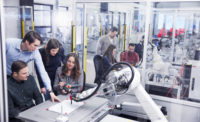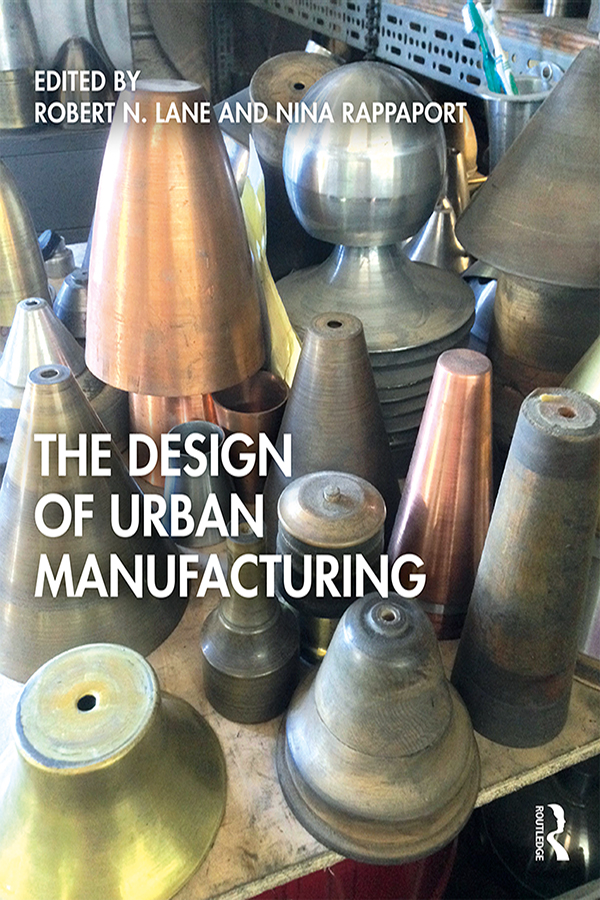Three months ago we raised the question of whether our young people are being prepared to take best advantage of the impending labor shortfall. Specifically, we wondered whether the principal focus of our educational establishment is not on the real needs of American business. Judging by the response, readers do not believe that students are being adequately prepared for the jobs of the future. Here are just a few excerpts from what they had to say.
One manager says we need factory workers but they will need technical training far above what was once required. Our colleges produce graduates unfit for real jobs because job internships are often missing. Both companies and colleges want employable graduates; they just don’t agree on what students need. Another executive, who started a career as a tool and die maker, says he is amazed by how little value human resources professionals place on the skilled trades. Until that changes, there will be no saleable value for a technical (vocational school) education.
An engineer says the disconnect results from globalization and the export of manufacturing jobs to other countries. He points out that it is easier to find physicians and lawyers than skilled welders and tool and die makers, largely because depressed wages and reduced job security have relegated the trades to second-class status in terms of earning a decent living. Another engineer, who also started out as a tool and die maker, suggests that our educational system has evolved into an entity that exists for its own benefit, rather than for the majority of its students.
Two reports recently released by National Assessment of Educational Progress (NAEP, Washington) add to the concern. These reports, The Nation’s Report Card: 12th-Grade Reading and Mathematics 2005, and The Nation’s Report Card: America’s High School Graduates, show that while on average, high school graduates are taking more challenging courses and earning higher grades during high school, this hasn’t translated to better achievement scores on the 2005 NAEP surveys. You can find more athttp://nces.ed.gov/surveys, including the previously released report The Nation’s Report Card: Science 2005.
From the perspective of manufacturers, industry is the end-user of America’s educational system. John Engler, President of the National Association of Manufacturers(Washington), says employees in a modern plant are more likely to be using computers than hammers, so young people who can adapt to the changing workplace are essential. Unfortunately, students seem to be having the hardest time achieving just those skills sorely needed in today’s work force-mathematics, science and reading.
As Engler remarks, “Business has long understood that what we measure gets better.” Only through establishing appropriate goals for scholastic achievement, measuring progress toward achieving those goals, and holding the educational establishment responsible for helping students achieve the goals, will we close the education gap and truly prepare our youth to be tomorrow’s leaders.
Never miss the latest news and trends driving the manufacturing industry
Stay in the know on the latest assembly trends.
JOIN TODAY!Copyright ©2024. All Rights Reserved BNP Media.
Design, CMS, Hosting & Web Development :: ePublishing




